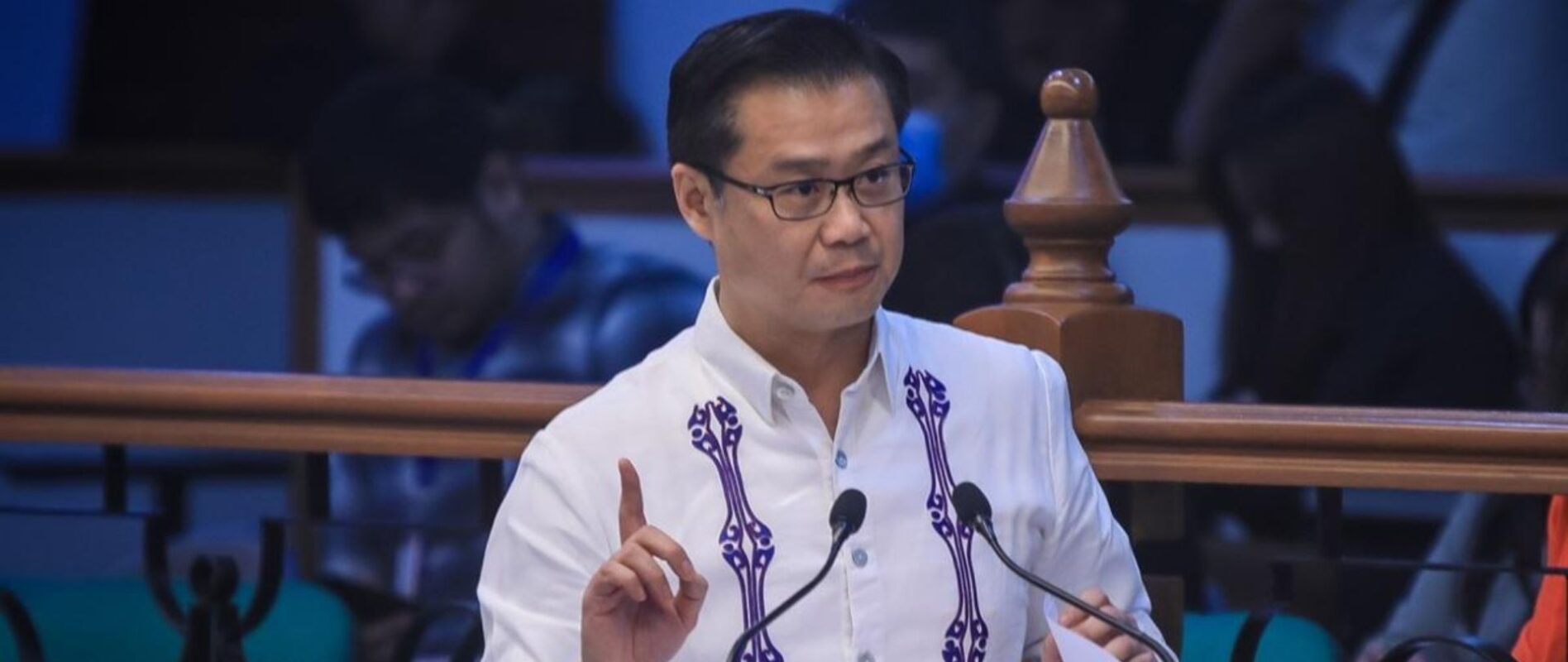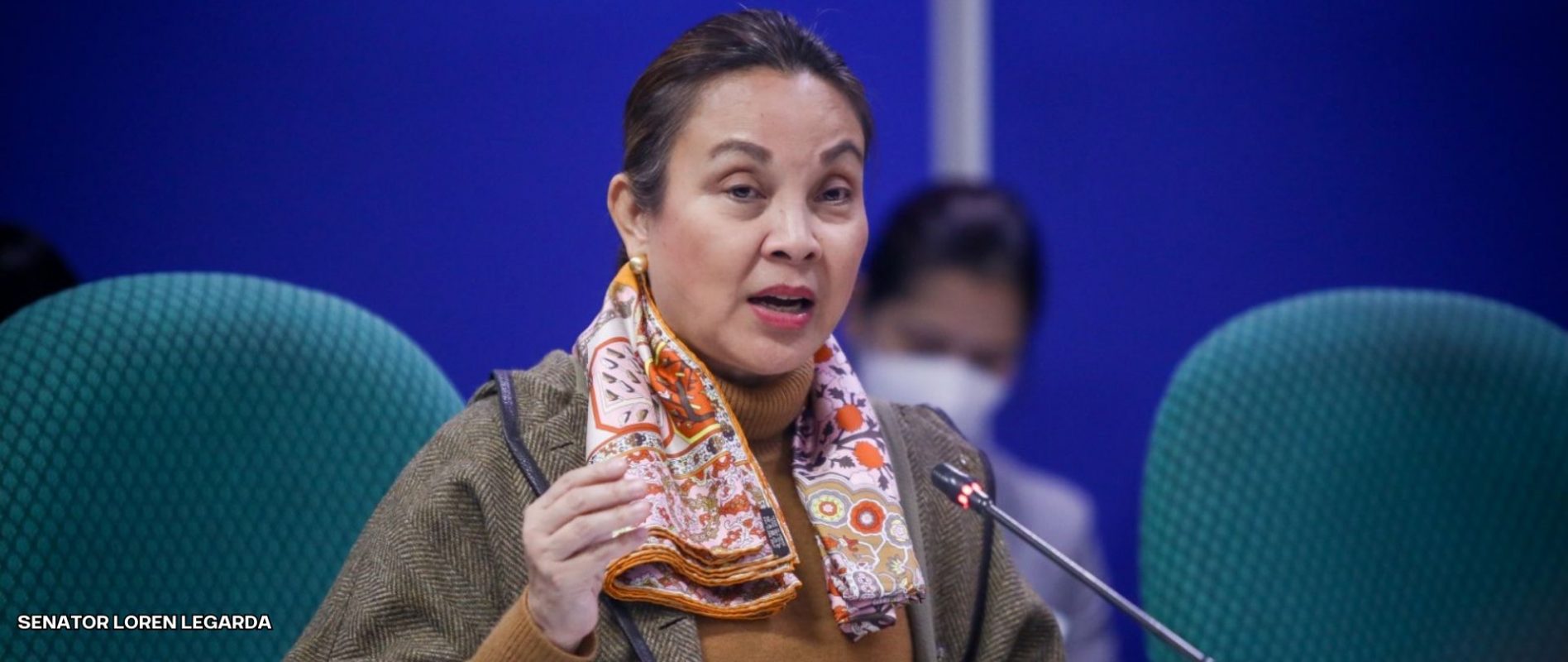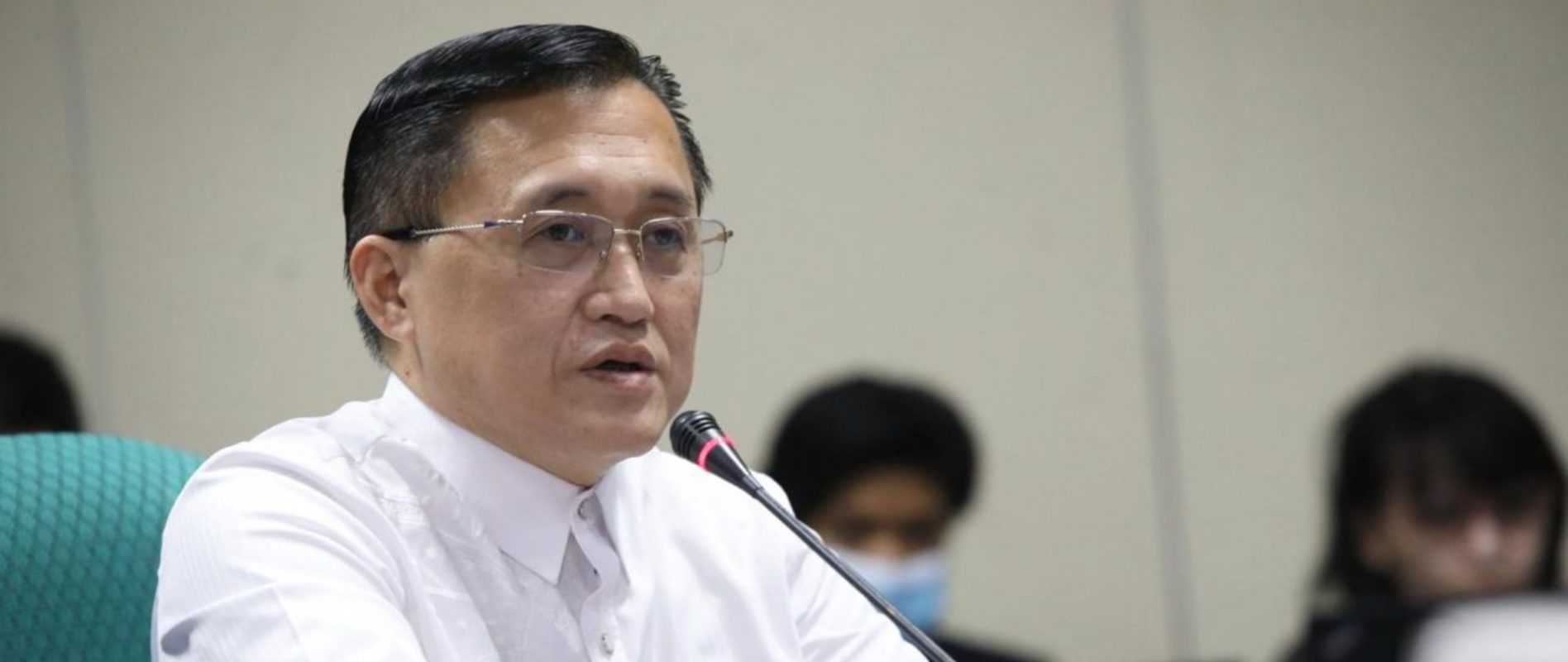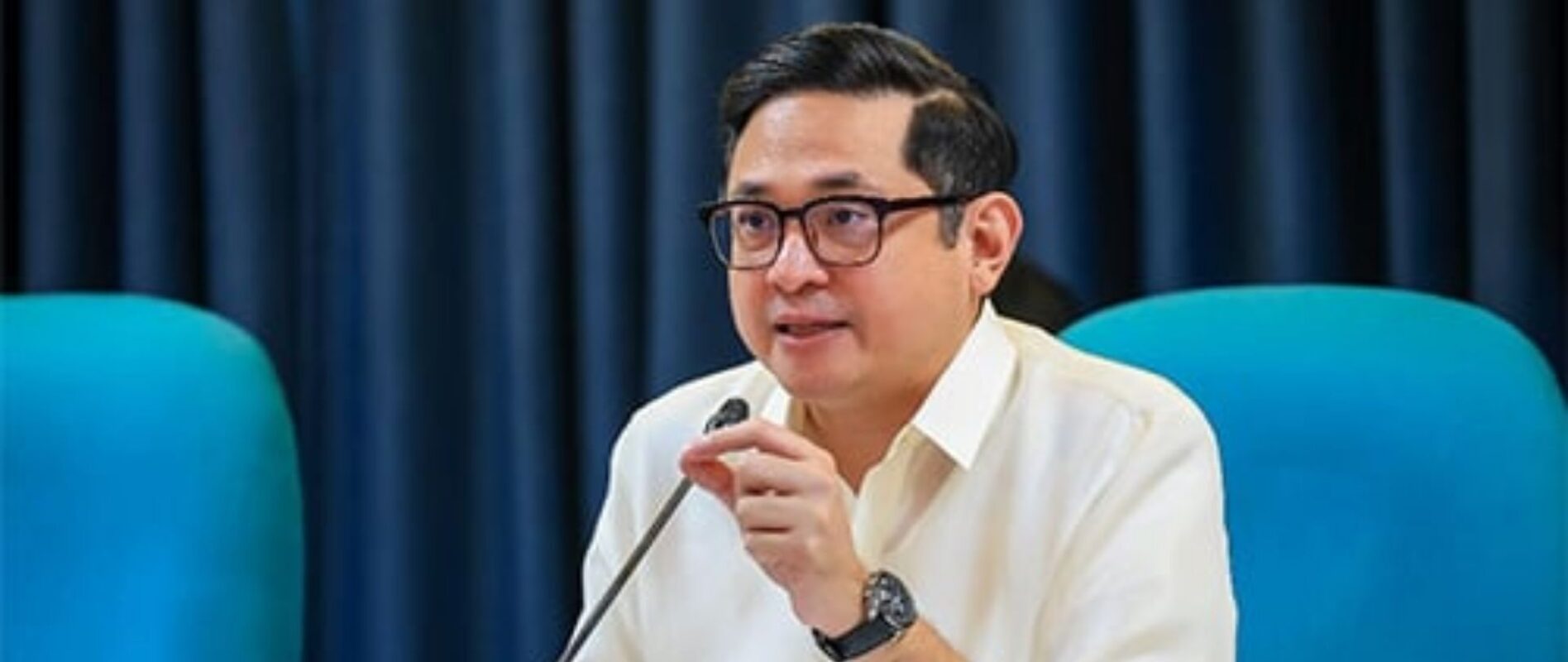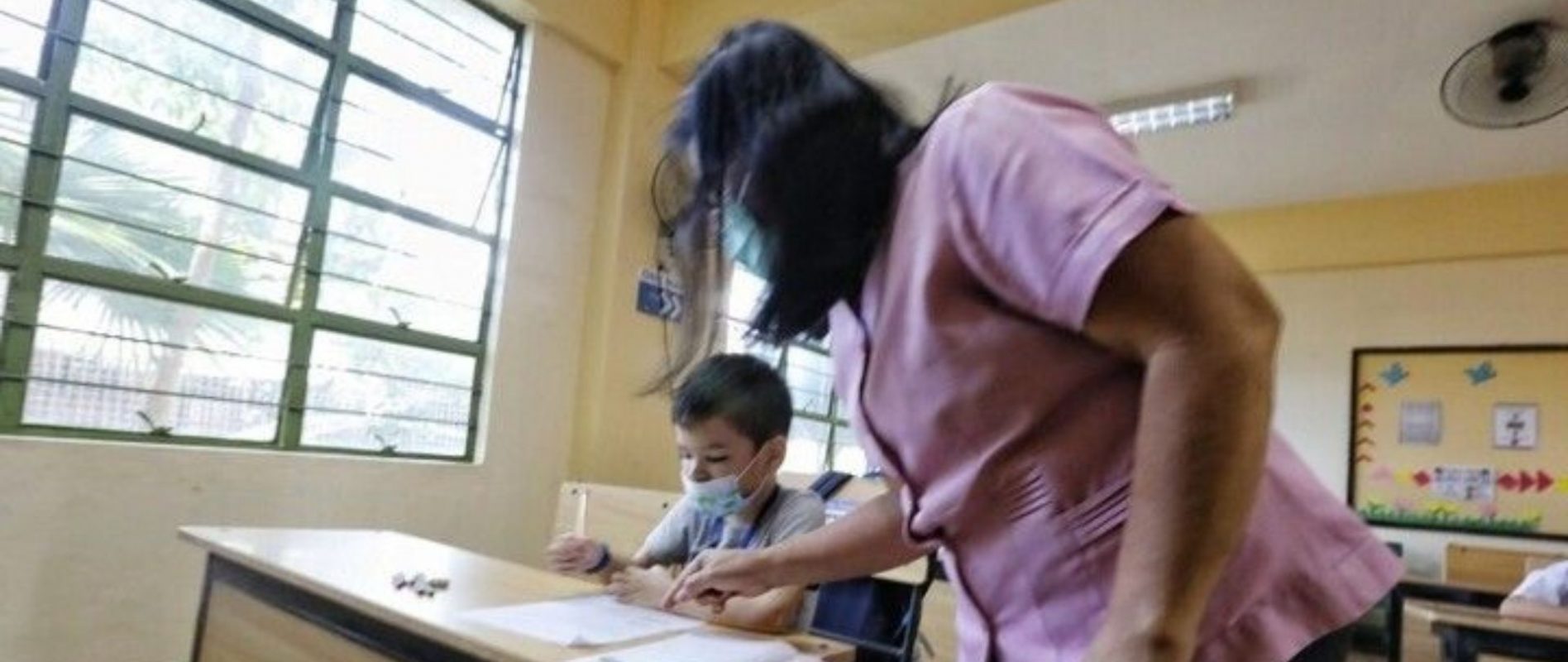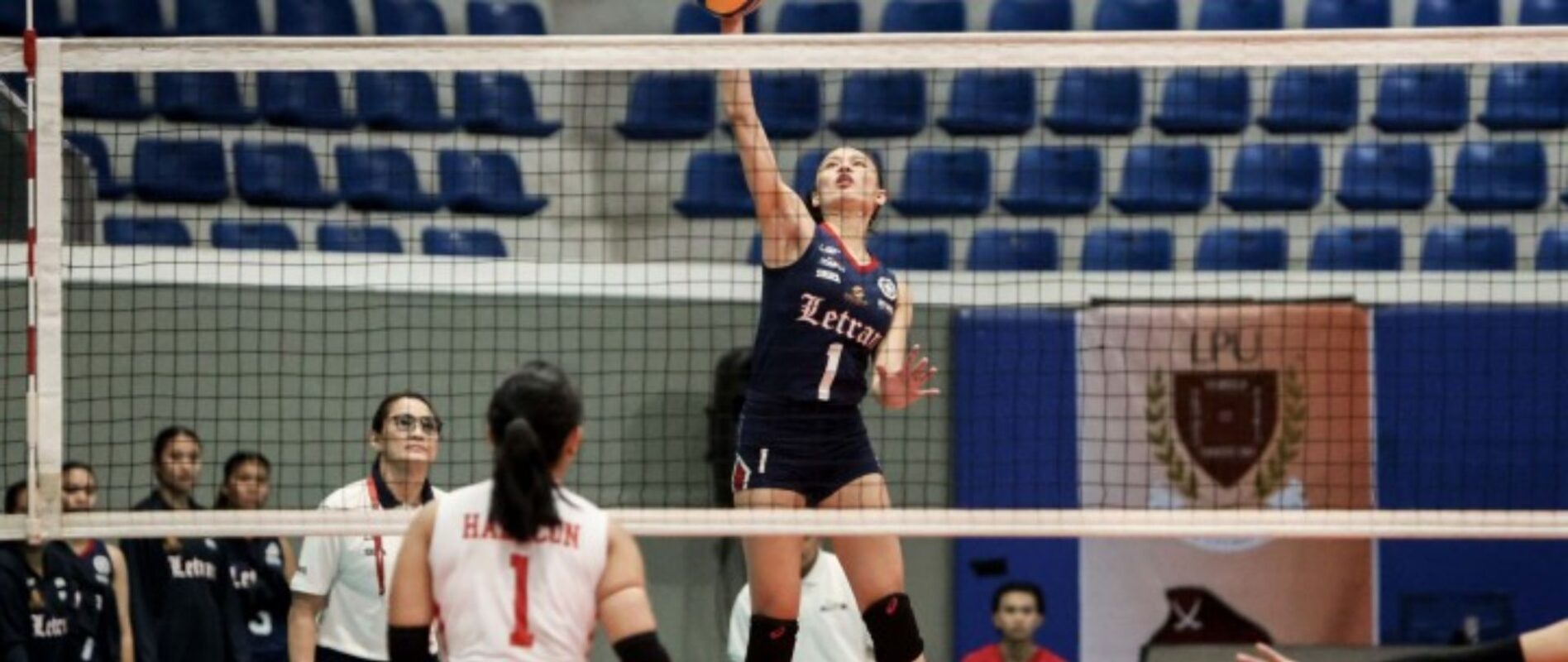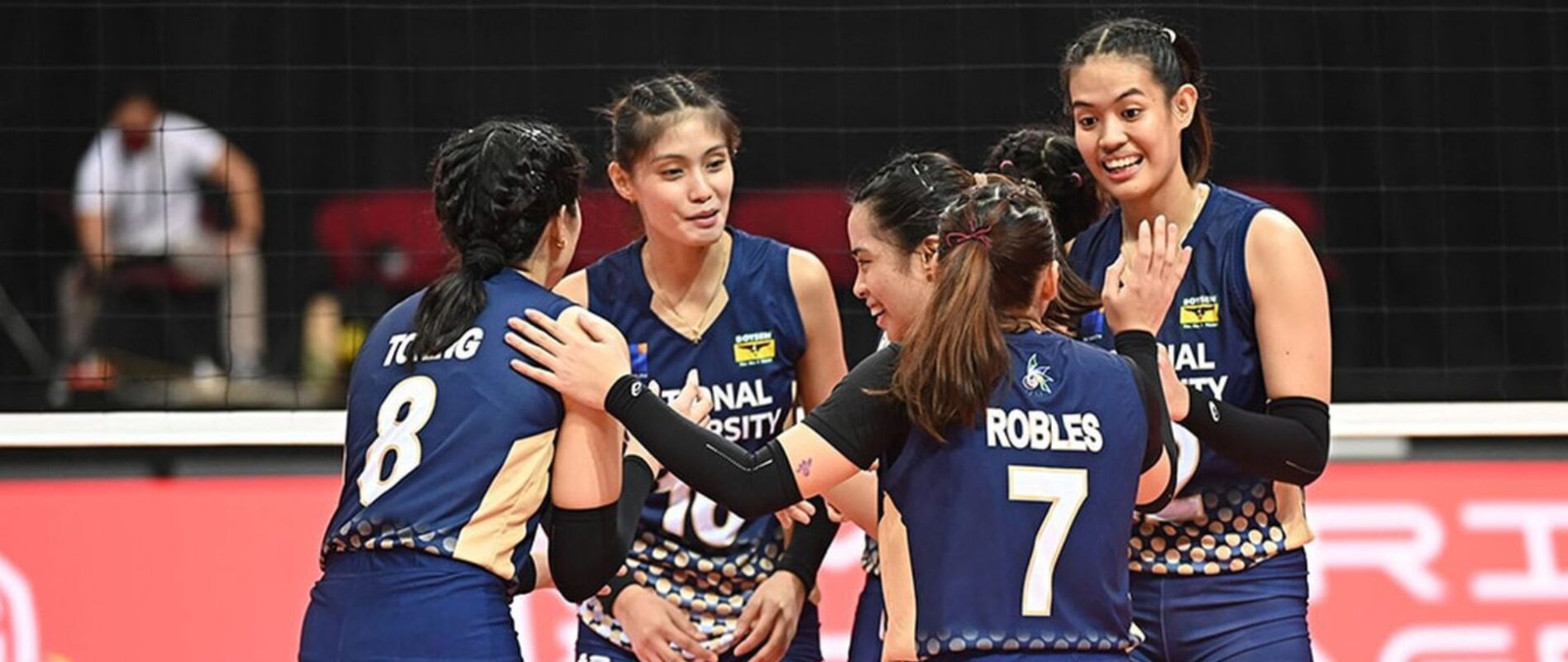ONLINE CLASSES MEAN MORE RESPONSIBILITIES FOR TEACHERS
AS THE country shifts to online classes this school year, teachers from higher education institutes are expected to have more responsibilities and workload.
Commission on Higher Education Chairperson Prospero de Vera III said teachers may be required to spend more time on online classes compared to residential learning.
“In reality, kasi nag-a-adjust hindi lang ‘yung mga estudyante, nag-a-adjust din ‘yung mga teacher. Kasi ang workload sa teacher, magiging mas mabigat. Kasi dati, papasok ka sa classroom, magle-lecture ka, magbibigay ka ng exam. Hindi mo naman inaasikaso individually ‘yung mga estudyante eh,” De Vera said in a statement.
De Vera also said teachers should talk to the students more frequently and exert more effort to answer their questions.
“Dahil ang papel mo ngayon ay facilitator ka na, baka mas maraming oras ang igugugol mo para kausapin electronically ang mga bata, magtanggap ng kanilang mga material- baka mas mabigat sa faculty kaya hindi ganoon kadali na damihan ‘yung iyong ituturo,” he added.
In addition to the heavier workload of teachers, De Vera also stressed that internet connectivity is a challenge for many universities.
According to the CHED’s inventory, 400 campuses of 112 state universities and colleges across the country have uneven internet connectivity. Mostly, SUCs’ main campuses have stronger internet connection than external campuses.
In order to augment the slow internet connectivity, the Department of Information and Communications Technology is working with CHED to set up free WiFi in universities.
Many universities will adopt the synchronous and asynchronous learning approached for the incoming academic year until face-to-face classes are allowed.


